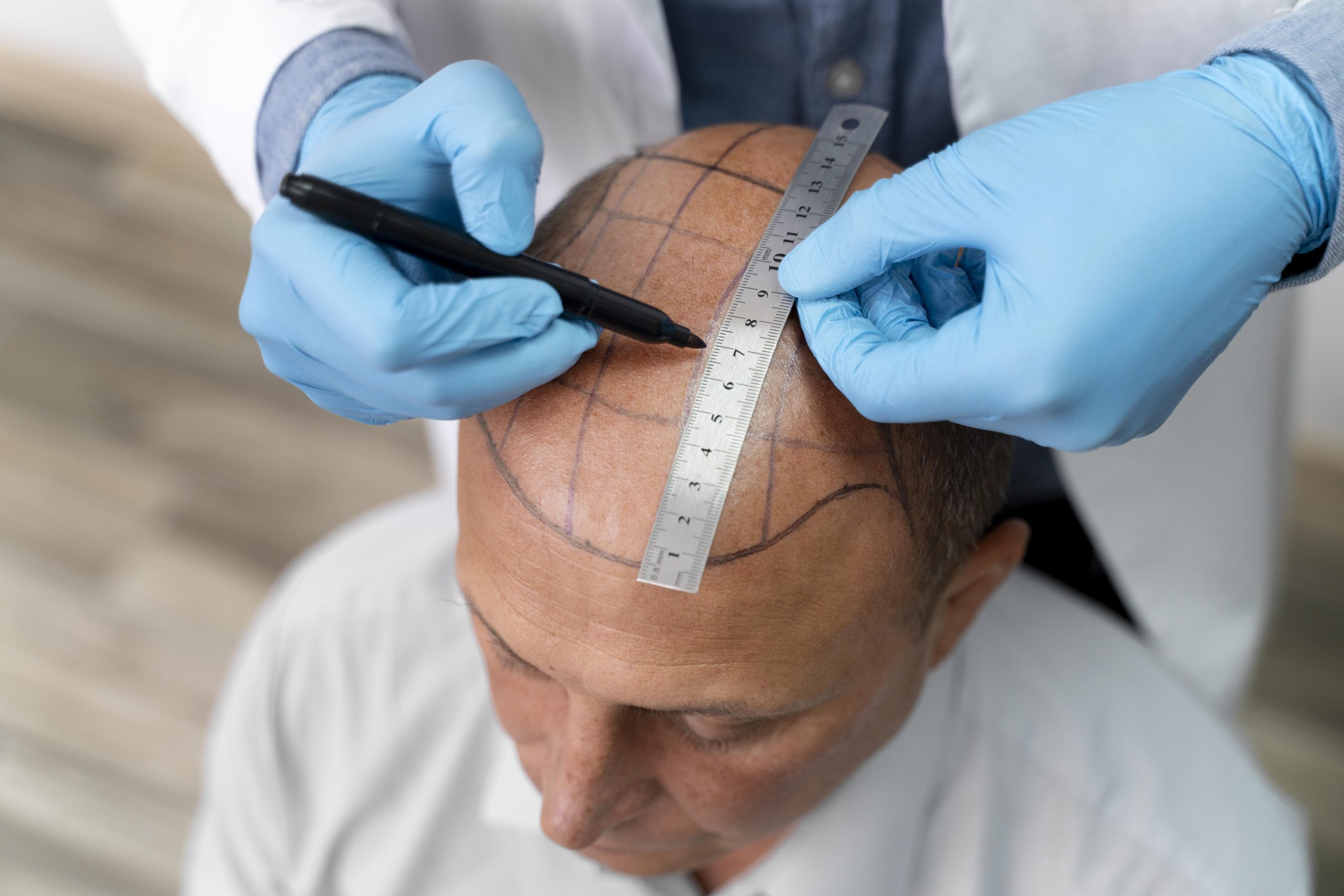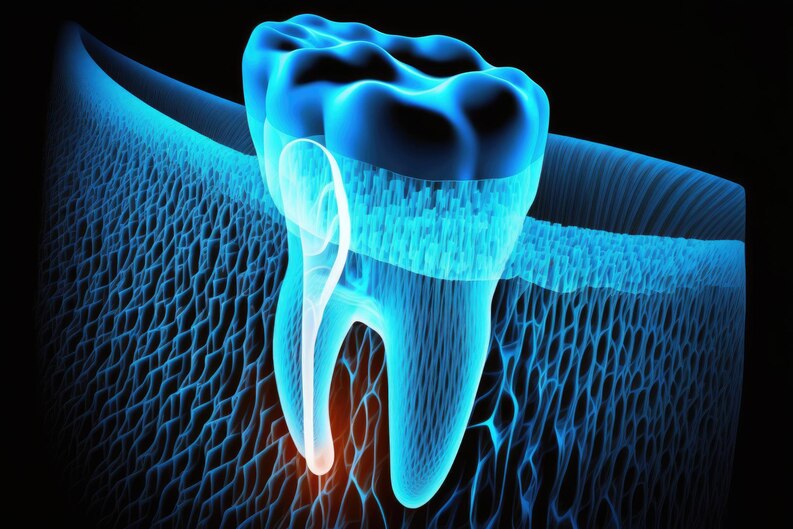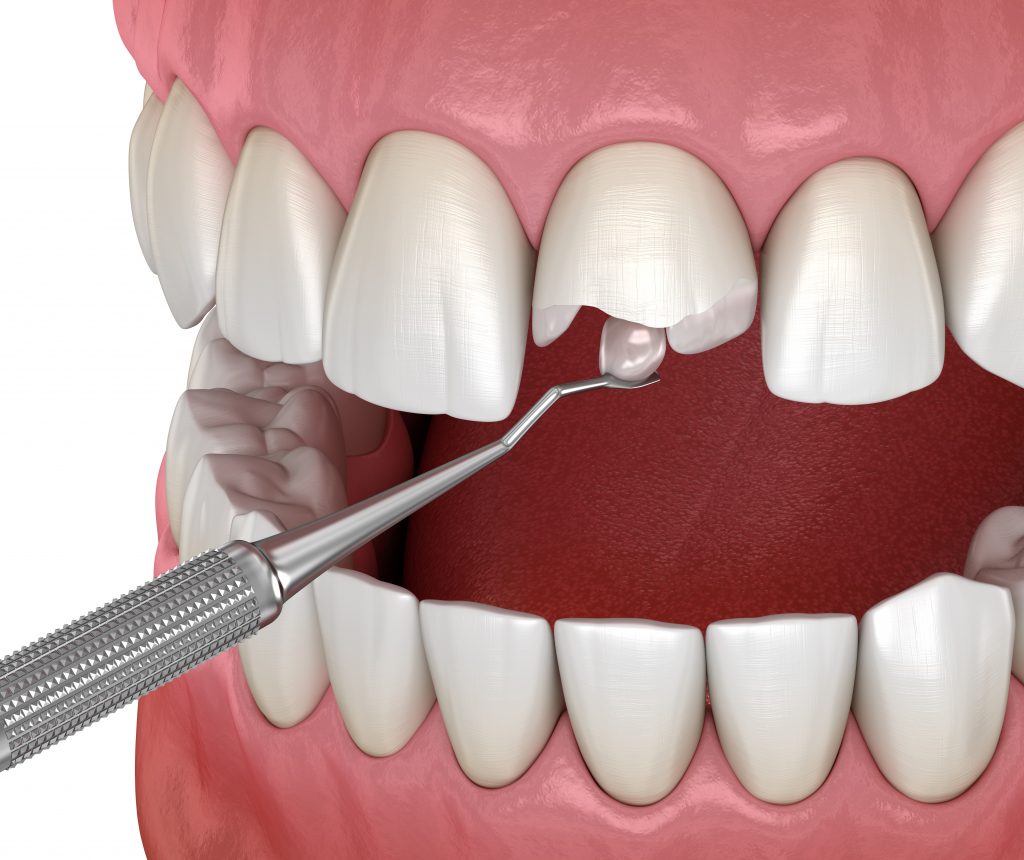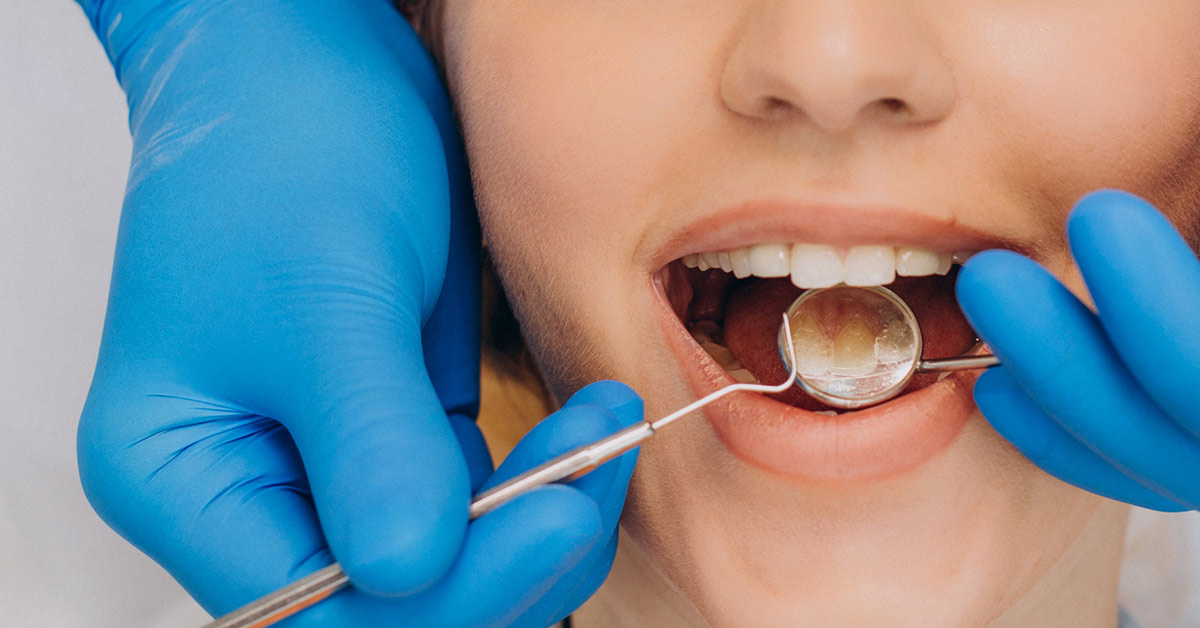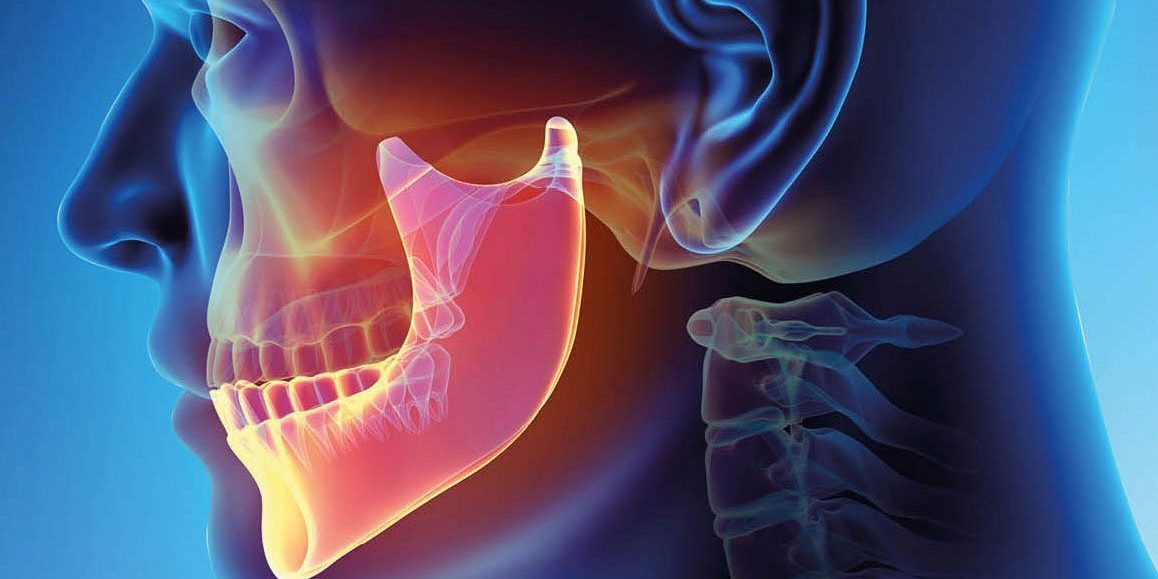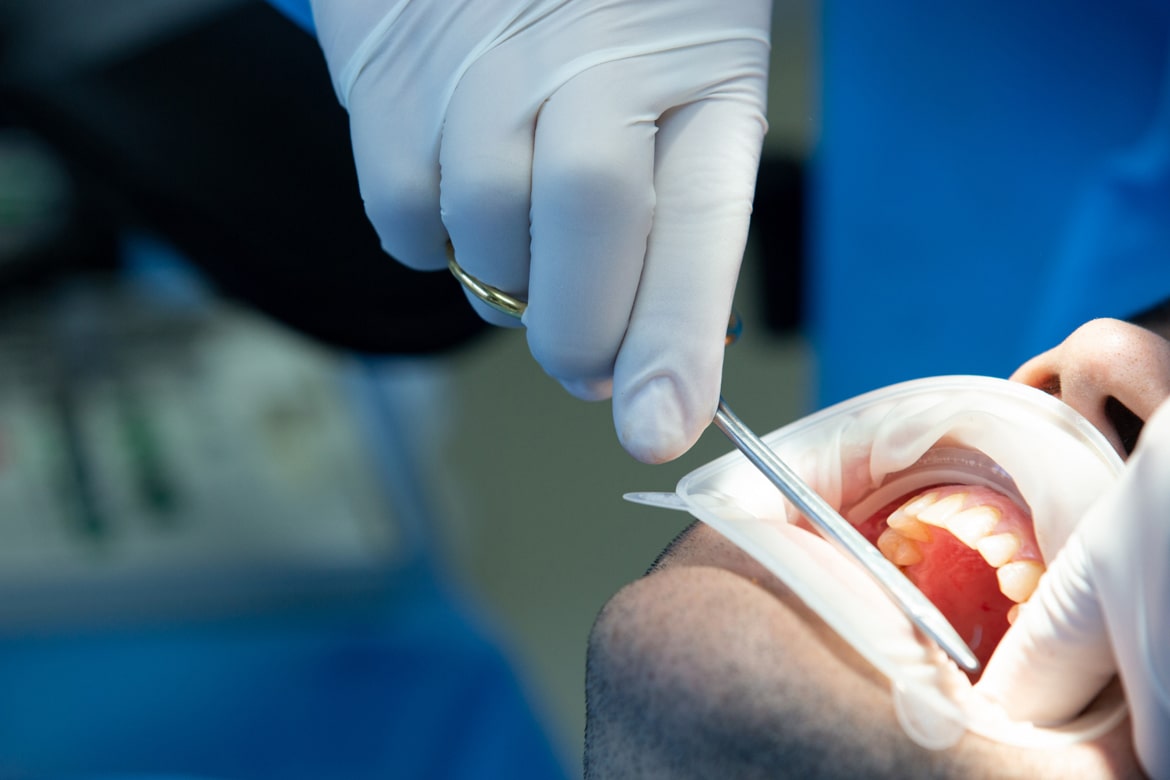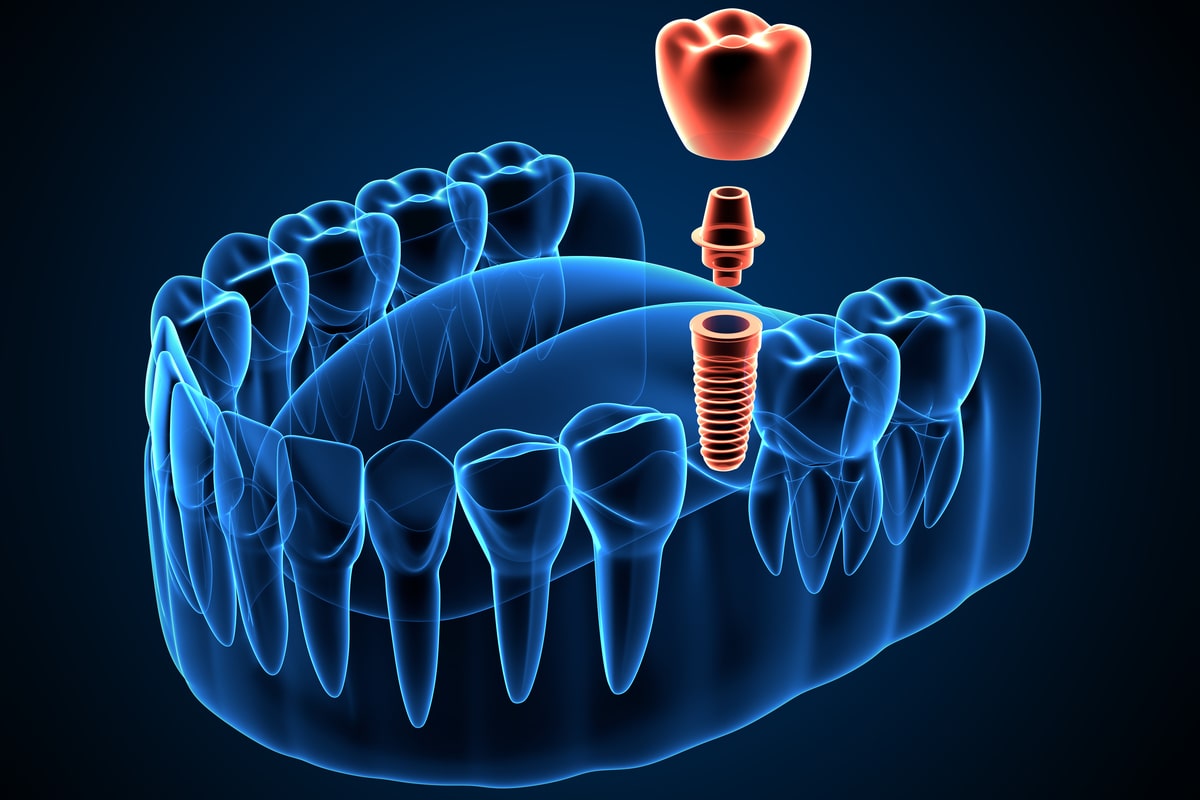
Implantology
Dental implants are artificial roots that replace missing teeth, allowing space rehabilitation without affecting healthy teeth. They are typically made of titanium, which is hypoallergenic and commonly used in hip and knee prostheses.
Computer-guided implantology is recommended for patients who cannot undergo surgical procedures due to certain medical conditions that contraindicate anesthesia. However, it’s essential to assess the patient’s bone condition beforehand, as computer-guided implantology has limitations related to bone quality. Traditional surgery may be necessary if the bone surfaces are unsuitable for implant placement.
The procedure begins with a CT scan to plan the surgery. Based on the scan, a surgical template is created and placed in the patient’s mouth to guide the implant insertion process, which is typically straightforward and quick.
Recovery time is minimal, usually within 24 hours, as there is no trauma involved, resulting in no swelling or pain commonly associated with surgical procedures. Patients can resume eating once the prosthesis is constructed.
Computer-guided implantology offers significant advantages for complex cases, such as patients with severe heart conditions, dental phobia, disabilities, or undergoing dialysis. The key benefit lies in its minimally invasive nature, with no bleeding or extensive surgical procedures required. Local anesthesia suffices, enabling significant oral reconstructions without causing surgical trauma to the patient.


